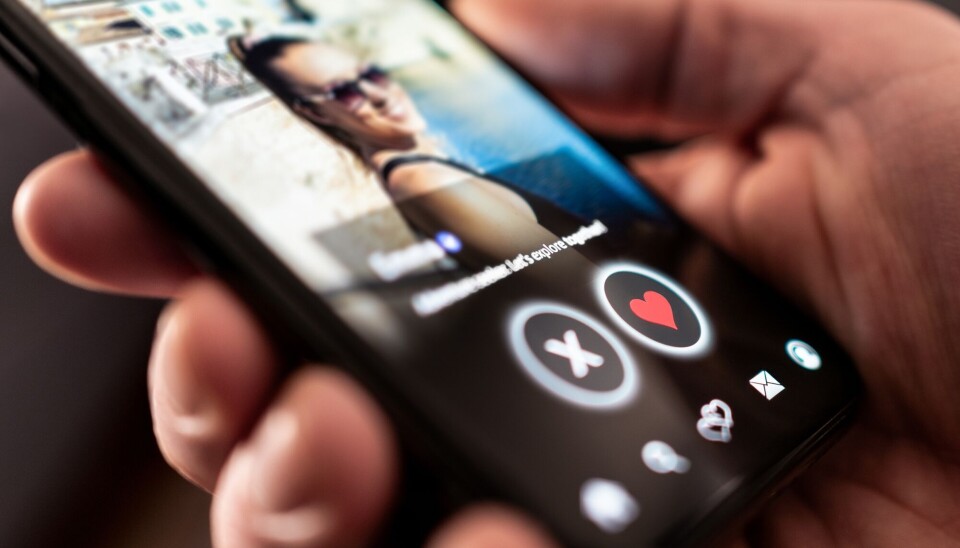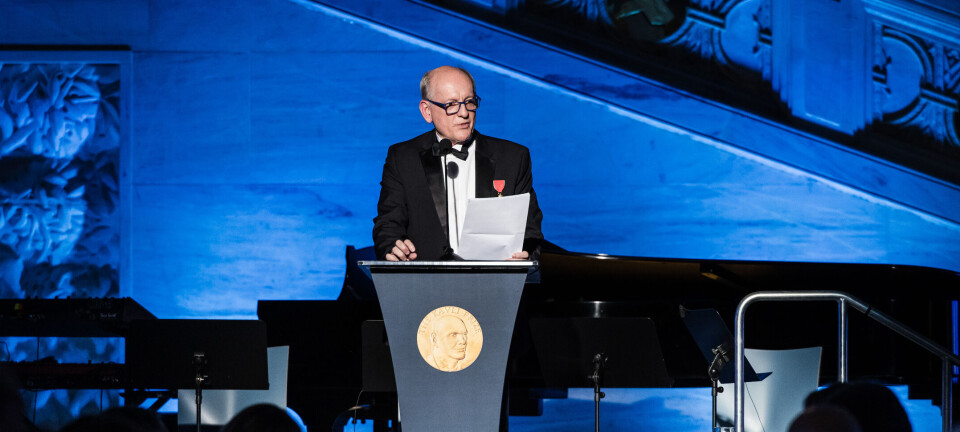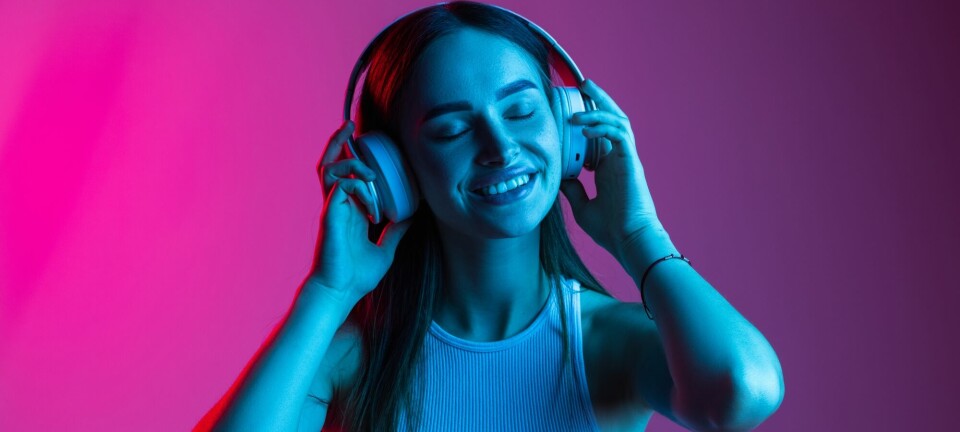Opinion:

Dating apps’ rhetoric for tapping your wallet
OPINION: Do the companies really want you to find a partner, or do they want you to keep paying for the search for True Love?
Prince or Princess Charming from fairytales do not exist in real life. Yet, this doesn't deter dating apps from peddling the illusion that their platform alone can guide you to discover that one exceptional person you deserve.
In our recent study, we found that dating apps employ three key discourses in their marketing rhetoric. These discourses could actually make it more difficult to find a partner.
A mere few taps on your smartphone allow you to access a myriad of dating apps, initiating the pursuit of your ideal life partner. The number of dating app users is increasing, and the online dating market is expected to reach 452.5 million users.
Undoubtedly, not finding a partner translates into substantial profits for dating companies.
Despite the widespread appeal, users frequently express frustration and discontent, arguing that these apps add complexity to the quest for a lifelong companion. Undoubtedly, not finding a partner translates into substantial profits for dating companies. Case in point, the Match Group recorded a total revenue of 3.19 billion U.S. dollars in 2022.
So, what do dating apps promise their users? In our study, we dissected the marketing rhetoric and scrutinised the promises made by dating apps. Our critical discourse analysis of 50 dating apps from Google Play Store and Apple App Store unveiled three main discursive themes that dating apps use to attract users: love, critical mass, and technology.
These discourses could actually make it more difficult to find someone.
Love + technology
‘Love’ emerges as a central theme in dating apps, with promises revolving around finding the perfect partner. Rooted in societal expectations of romance and enduring love, the apps construct narratives of life-changing experiences and serendipitous encounters.
Users are prompted to actively seek 'The One,' who purportedly brings happiness and fulfilment, reinforcing hegemonic social practices of love. The discourse often links finding 'The One' to a transformative life experience, with monogamy presented as an underlying norm.
However, it tends to focus on a Western, romantic, and emotional ideal, overshadowing other aspects of relationships like friendship, conversation partner, and someone to share your bills and laundry with.
A marriage is characterized with passionate love in the beginning, yet with time the romantic feelings change to companionate love providing attachment on a deeper level, safety, trust, and the creation of a life-project together.
A large pool of potential partners
Dating apps strategically communicate the abundance of potential partners, emphasizing past successes, the present user base, and future projections. The discourse underscores the critical mass of members, suggesting that a large pool enhances the chances of finding a suitable match.
Dating apps foster an established image of love by addressing the issues users encounter, aligning with existing discourse
The assurance is that if you don’t find 'The One' immediately, you are likely to find him or her in the near future within the app's expanding user base. So, if you haven’t met him or her yet, you just have to wait and keep paying for your membership as the ‘Person You Deserve’ will likely show up soon.
Technological solutions for finding love
The promise of advanced technology constitutes the third crucial discourse in dating apps. Highlighting sorting processes, matchmaker algorithms, and technical affordances, these apps position themselves as technological solutions to the challenges of finding love. The discourse of technology offers an optimistic and almost magical perspective, presenting algorithms as tools that enhance the user's ability to navigate the vast pool of potential partners.

Just wait and pay
Dating apps foster an established image of love by addressing the issues users encounter, aligning with existing discourse. They then offer to guide users towards their ideal match by referencing the extensive pool of candidates available now or in the near future. The apps assert that their matchmaking technology and algorithms will find 'The One' for you.
The sub-theme of having one soulmate and a chosen one intersects with the theme of a large pool of potential candidates, contributing to the fear of missing out on a potential match. Meanwhile, all you have to do is sit back and wait – and contribute a few dollars to Tinder, Happn, Hinge, Plenty of fish, OkCupid, or any of the other dating apps the U.S. company Match Group offers.
References:
- Aziz Ansari (2016), Modern Romance. Penguin
-
Online Dating – Worldwide. Statista. 2023.
Pettersen, L. and Karlsen, F. 2024. «Strategic Communication in Digital Ecosystems: A Critical Discourse Analysis of Dating Applications» in Strategic Communication – Contemporary Perspectives. Cappelen Damm.
Dixon, Stacy Jo, 2024. Annual revenue of the Match Group from 2012 to 2023. Statista. Published Feb 26, 2024.
Lord, A. 2022. ‘Why am I talking to 10 guys?’ The rise and fall of dating apps”. The Guardian. Published Nov 20, 2022.
Further reading:
Share your science or have an opinion in the Researchers' zone
The ScienceNorway Researchers' zone consists of opinions, blogs and popular science pieces written by researchers and scientists from or based in Norway. Want to contribute? Send us an email!































